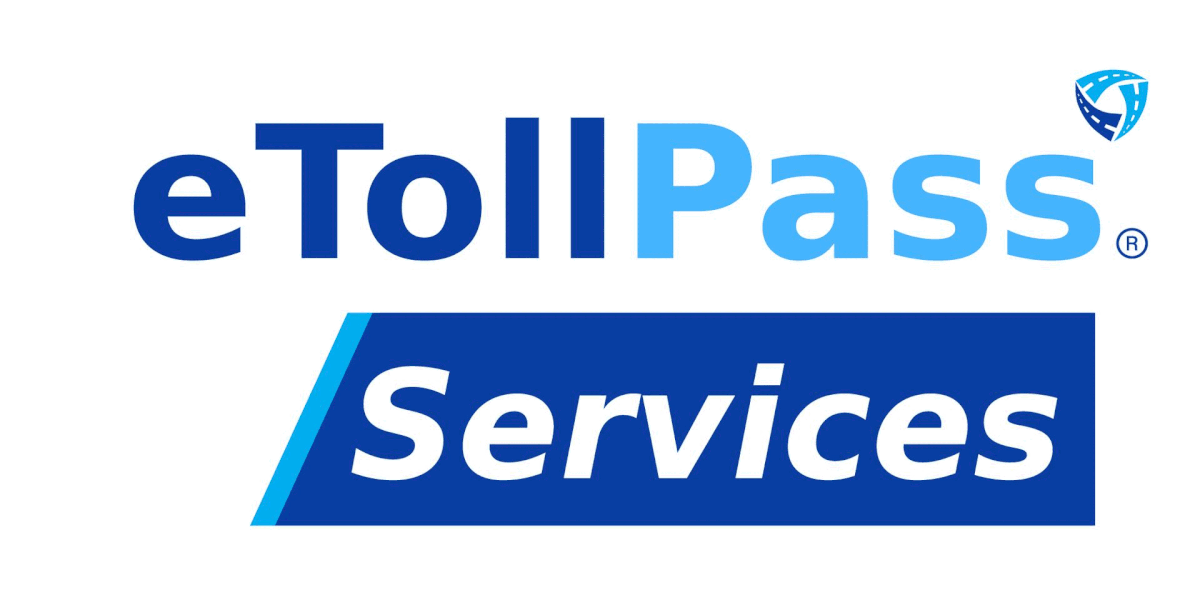Certificates Required to Drive a Vehicle
1. Driving Licence
A valid UK driving licence is required to operate a vehicle on public roads. Provisional licences are needed for learners, and full licences are required once the driving test is passed.
2. Vehicle Insurance Certificate
Motor insurance is mandatory. At a minimum, drivers must have third-party insurance, which covers damage to others. You must keep proof of insurance available, either digitally or physically.
3. MOT Certificate
Required for vehicles over 3 years old to ensure they meet road safety and environmental standards. Vehicles must pass an annual MOT test and carry a valid certificate.
4. Vehicle Registration Certificate (V5C)
Known as the logbook, this proves ownership and registers the vehicle with the DVLA. It is necessary when buying, selling, or transferring a vehicle.
5. Tax (Vehicle Excise Duty)
Proof of paid vehicle tax is required, and vehicles must be taxed annually. Tax status can be checked online, and there’s no physical certificate needed, but it must be up to date.
Warrants Relevant to Driving
Warrant of Control (Indirect Relevance)
Not directly required for driving but can be issued if a person fails to pay vehicle-related fines (e.g., parking tickets). Allows bailiffs to seize property for unpaid vehicle-related fines.


